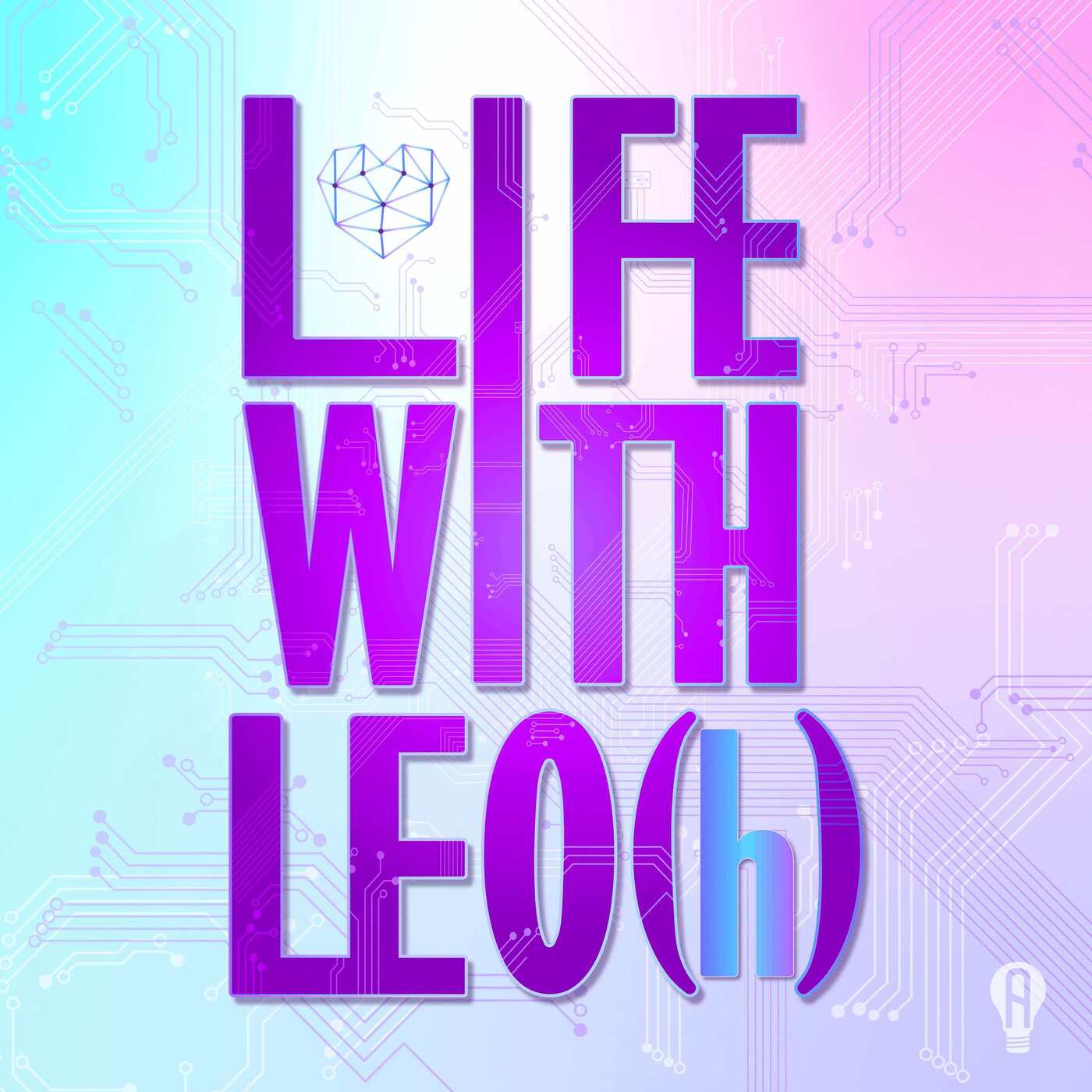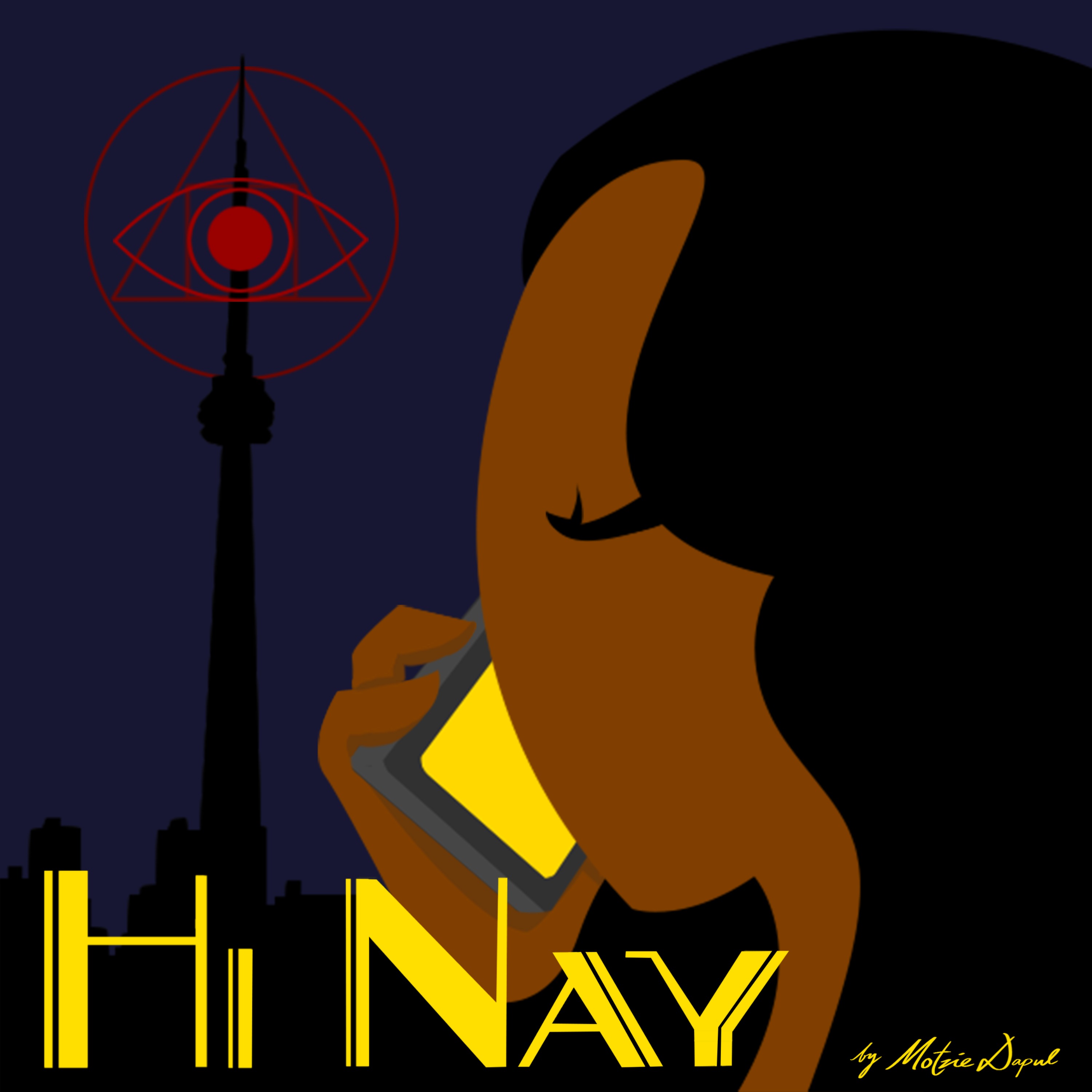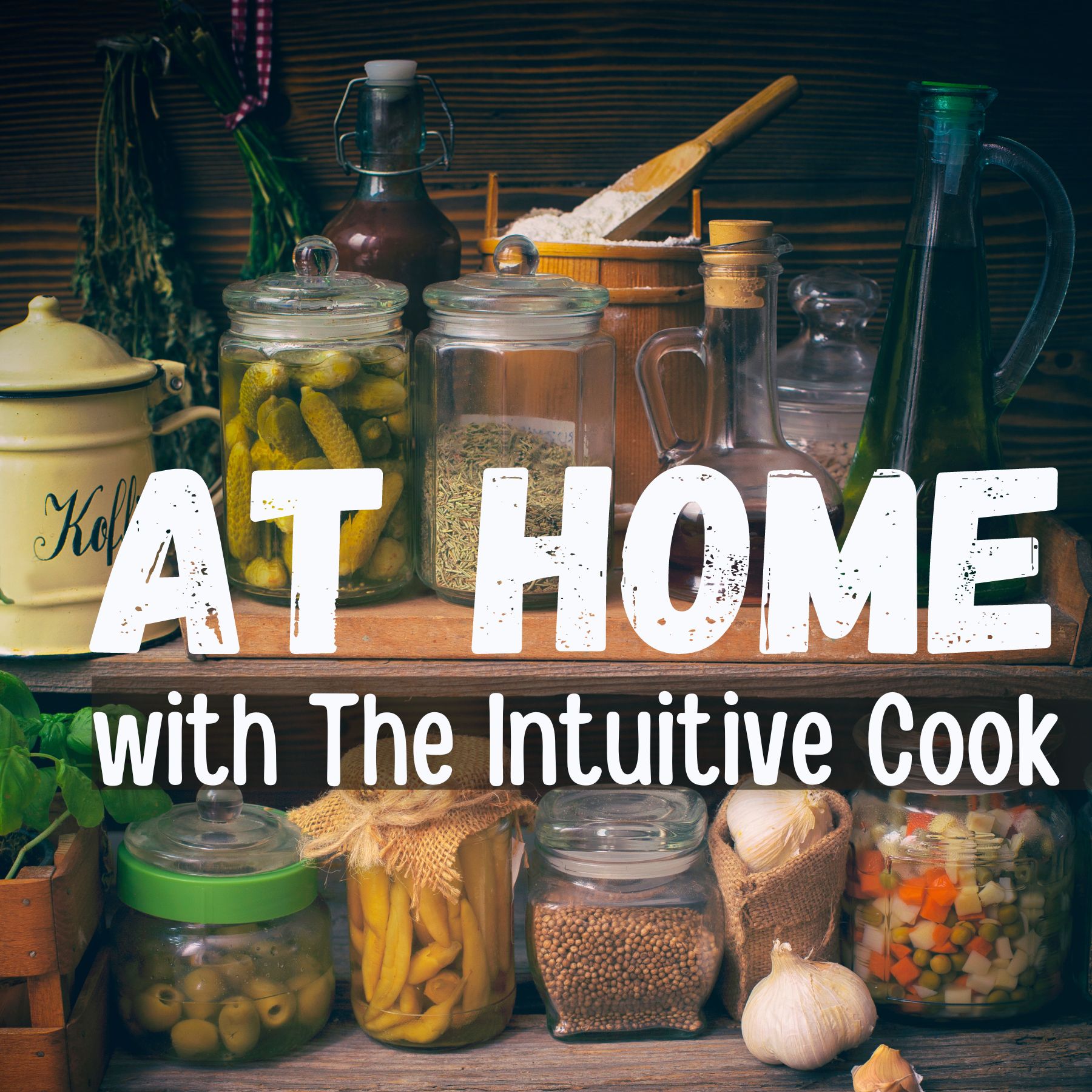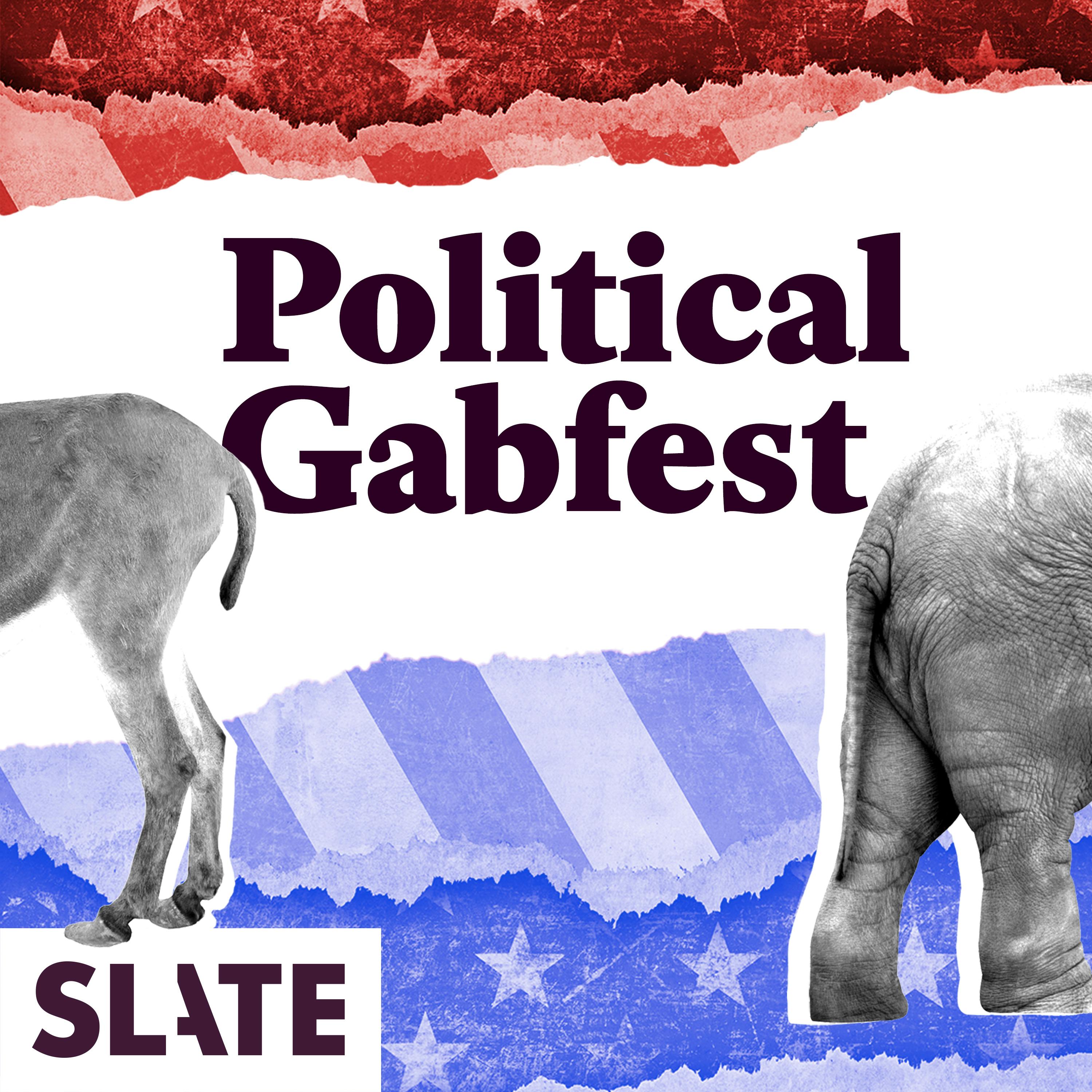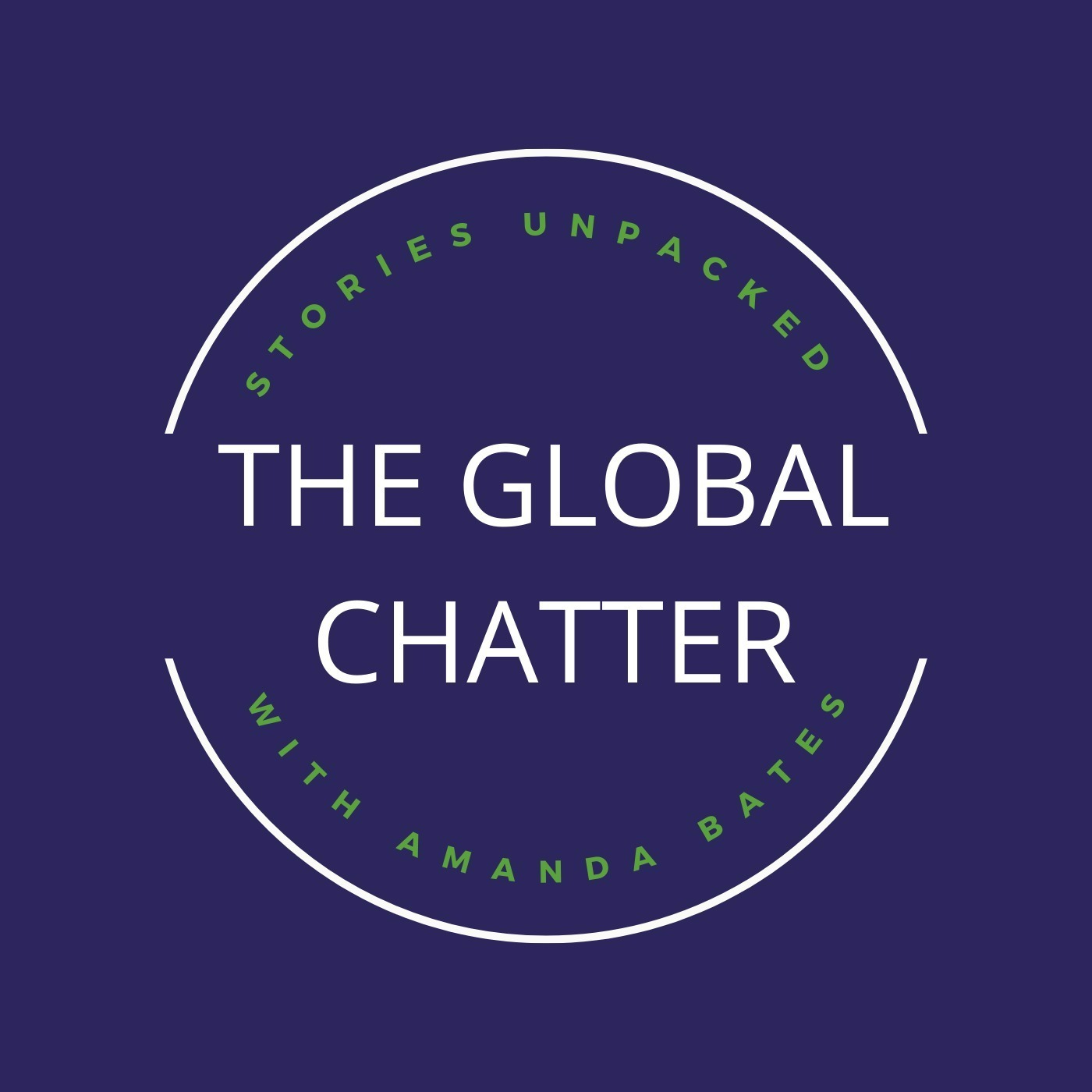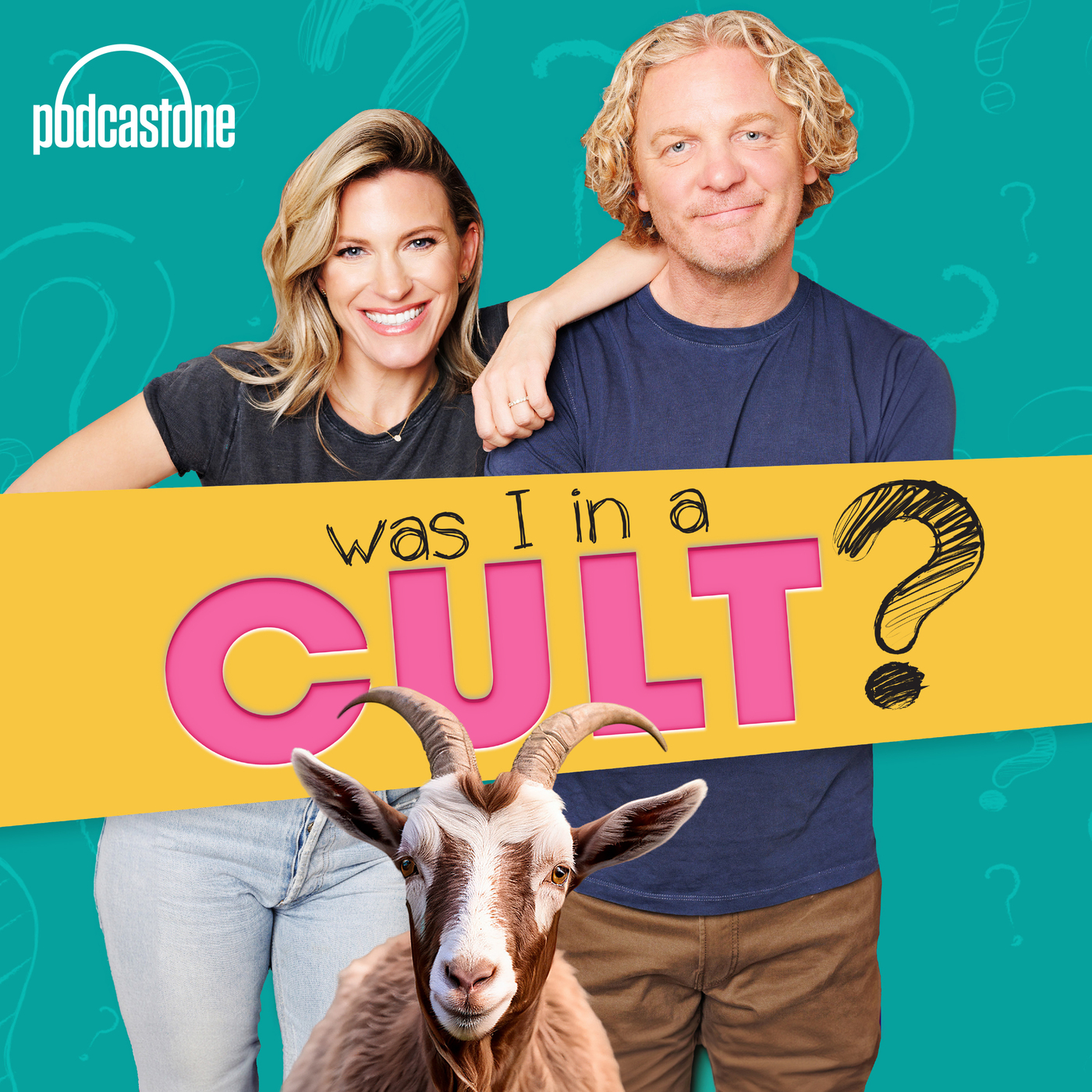
Sane and Simple Podcasting
Helps DIY podcasters manage and grow their podcast with no nonsense, timely tips and tricks from a long time content creator and Podcast Service Provider. Tips include multiple mediums like audio, video, newsletters and using ChatGPT to get share their experience, their stories, their skills out there so they can spend more time connecting than creating.
www.coffeelikemedia.com
Sane and Simple Podcasting
How do podcast listeners engage with us?
Making a podcast is one thing but how do we get listeners to talk back to us? David from Beyond The Thesis joined me to chat about how he's set up places for them to engage and what if it's working. We also chat about who he's like to have on his podcast in the future, which is another type of connection we can make with our pods.
David's podcast: https://papaphd.com/
✨ Have a few specific questions? Book a micro consult call here: zcal.co/coffeelikemedia/parkbenchsession
✨ Want to do a deeper dive into your podcast YouTube channel's growth, workflow, optimization? www.coffeelikemedia.com/consults
✨ Ready to commit to a 3 months growth experiment to really find out how YOUR YouTube channel can grow? www.coffeelikemedia.com/coaching.html
✨ Microphone: Samson Q2U✨
- United States: https://amzn.to/3Bk58e3
- UK: https://amzn.to/4g2pVlr
- Germany (ships to Denmark): https://amzn.to/4f2iY2t
🎵 Music: SourceAudio: https://www.sourceaudio.com/
😋 Host on Buzzsprout: https://www.buzzsprout.com/?referrer_id=2022201
👀 Record and go live with Restream: https://restream.io/join/Kro9rJ
Steph:
Hi everybody. Welcome to Coffee Like Media, formerly podcast to Connect, where we share tips and tricks to get the most out of your business podcast. Thanks to StreamYard for sponsoring this show. I'm Steph Futio, podcast strategist, editor, and well, all the other hats I wear in podcasting. I'm currently in Copenhagen, Denmark. I've been making valuable connections with my own podcast ecosystem for almost seven years now, which seems unreal, and I'm here to help you do the same. Since 2019, David, who's my guest today, has produced and host and all the other things with his podcast beyond the Thesis with Papa PhD, a show where he shares the stories of guests with the most varied post PhD that's not easy to say post PhD career journeys. David, welcome back.
David:
Hi, thanks for having me. It's happy to be here today.
Steph:
Thank you. And as I put in my LinkedIn post today, I'm like, I know, I know, I know we're talking to small business owners. I know, I know, I know. And David is not that. But there is a connection that we're going to get to. But before we do that, I want to leave us there through connections.
David:
Through connections.
Through connections.
David
Well, I wonder though, because since 2014, when my second boy arrived, a second child arrived. I'm solo. I'm like of a freelancer in a way. I do have a company name because actually one of my first clients needed me to be registered in the different tax systems here in Quebec because usually when you start on your own here in Canada, up to the first $30,000, you don't need to get sales tax. But this first client needed it to be like that. And so, I don't know. I wonder what your definition of a small business owner is, because we're not.
Even going to care because we're going to have such value that it'll bridge over to them that it doesn't matter. So we don't even need to do that. So let's dive into my favorite question first.
STEPH:
What's the goal of beyond the thesis?
DAVID:
The goal of beyond the Thesis is to shed light on what happens after graduate school professionally to 80% of people. Because and I discovered this way after I finished my PhD, only 20% of people at most who go through a PhD have a spot to be a tenured professor later on. So what happens to the other 80%? And this is why week after week, I get people here that either dropped out of PhD like your story this week. It's funny. This week's episode is Kate Dahl. You probably know her, who's also in Denmark.
Steph
Yeah.
David
Oh, my God.
Steph
She's amazing. I met her at an event, like, my second week in Copenhagen.
David
Really?
Steph
That's crazy. Oh, my gosh.
David
She's talking about reinventing yourself. She also dropped out of the PhD for different reasons than you did. Yes.
Steph
That's amazing.
David
And again, I want to normalize these paths. I want to normalize these journeys and I want to kind of showcase the variety and also the passion that people have for their jobs and whatever they build for themselves professionally after graduate school, which often there's this idea of, oh, if you leave academia, it's going to be boring, it's going to be unstimulating, and it's actually going to be less noble than staying the path and going to research. So that's it. That's the idea is to help people who are in this mire of, oh, I'm not going to be a professor. What happens now?
Steph
And this is the follow up to that. What's the goal of the pod question that I love the most is, what do you want your listeners to do after they listen to an episode?
David
If I resume it to one thing, and then maybe I'll add one or two. But one thing is, start networking today. And I'm not saying networking like, go find a job by being aggressive on LinkedIn. No, start nurturing relationships with people that are a little bit outside of your circle and then a little bit farther and a little bit farther. And then in three years, when the time comes to get a job, you'll have a great network of people who might or might not have a job for you, but who may think of you when someone they know does need someone.
Steph
Yeah, it's interesting that you say that. It is so interesting that you say that because I just had a conversation on an online forum of podcast editors and there is somebody who has like 20 years of audio engineering experience and they're coming into the podcasting world and they're like, how do I find clients? And I'm like, have you told the people you've worked with in the audio space what you're doing now? And he's like, no, there you go. You already have a network. People think they always have to approach strangers to network, but a lot of times you can reach out to people you know and just tell them. And then if they know people who might they'll hear stuff and they'll recommend you and so on and so forth. So I love that.
David
Especially if you have, like you said, if you have 20 years of a past career behind you, don't dismiss it. It's something that belongs to you and that you're missing an opportunity if you just chuck it and discard it completely.
Steph
Exactly. We are whole people. We are not just the last thing we did.
David
I love it. I love that. Yes.
Steph
Yeah. And that's especially true in PhD where you literally are when you enter the program you're in. And it's like, no, I am really we went into this a lot on the episode that we did on your podcast with me. But let's get to connections. So how have your listeners reached out to you? What are the methods they used?
David
There's different ways. One of the things and it's funny because it feels like I should ask LinkedIn for a sponsorship because I talk about them a lot. Maybe let's talk about that, of how to do that.
Steph
But okay.
David
A lot of what I've done in the last years is to, for example, start like you live recording on these platforms. So using StreamYard also to be on LinkedIn when I record my episodes, and also on YouTube, but on LinkedIn, people see the episodes or see part of it or see the real the shorts that I post. And then they connect and they say, oh, I just found out about your podcast. I find it really inspiring. I have some questions for you. So that's one way they reach out.
Steph
Okay.
David
In the last year, my provider, my hosting provider for the podcast Blueberry, developed a survey that's hosted on Blueberry that you can use to get to know your audience. And there's one little spot there where there's comments and people have been the people who have answered have left comments that are actually touching and inspiring. One of them has said, your podcast was my company during the last stretch of my PhD. Things like that. Yeah, I was like, yeah, my heart melted completely when I read that.
Steph
That's amazing. I love that.
David
But then I don't know what's your experience, but other organic contacts from the audience is very sparse or even in existent. Like, people have seldom on Twitter or sometimes on Instagram, people do, but really LinkedIn and this survey that I kind of promote on the episode and that people say, oh, I'll do that for David, I'll go fill in the survey. Apart from that, there hasn't been that many people that have reached people because listeners are kind of invisible to us who create a podcast. But I wanted to try and get my audience to nominate the podcast to the People's First Podcast Awards and I got on the slate, I got nominated. So it wasn't messages per se, but the fact that they went and put in their vote and got me nominated is another way that I felt their pulse, which I hadn't up till now. So yeah, being a creator, depending on the platform you're on and the format, it's not easy to be sure that you're going to get straight contact, direct contact from the audience. I don't know what your experience has been.
Steph
It's been similar. I think that's why I got so obnoxious about newsletters and YouTube and all of these live events because just in the apps itself, there's so little ability to contact anybody. Like you can write show notes, you can write the most amazing show notes known to man and very few people actually look at them. I actually look at them and I tell people, hey, I can't find your stuff in here, I need to contact. It took me like five minutes to find you. Why are you doing this to your listeners? But in general, most people don't look at them, so it's frustrating. And that's why I really like the other way. It's like you have a newsletter too, right?
David
Yes, I do. It's not huge in terms of the number of listeners, but yeah, a weekly newsletter that I'm improving on and actually with some AI tools that have developed in the last year or so, I've been able to make it better and better because again, like you were saying, I'm doing it all. I'm doing the producing, the scheduling and also the promoting. And you know how in addition to.
Steph
Your day job yeah, but when you look down and you literally did this, David, it's not big, it doesn't need to be. You're talking to people who dropped out of a PhD program. Do you know how small that is in the world? Of course it's not going to be gigantic. Your total potential population isn't gigantic.
David
Which goes to a very important point, I think, for current small businesses today, which is to niche.
Steph
Exactly. Yeah. And it's more about the connections and the projects and collaborations that come from it later, more so than the sheer numbers. Now we can't compare ourselves to networks. They have hundreds of people working on one podcast. I mean, that's an impossible task comparison.
David
It's just a plan to be disappointed. Yeah.
Steph
And it's just not fair. It's just a very different creature. There's nothing wrong with their podcast. There's nothing wrong with our podcasts. They're just very different. So, yeah, that definitely is a similarity from educational podcasts like yourself to the small business folks. It's not about numbers. I mean, you can use your downloads to gauge trends, but you're never going to be like in the top ten.
David
Of course. Yeah, no, if you start thinking about that, and sometimes people do when they start a project, a podcast project, and then it's just they're shooting themselves in the foot because it's an impossible mission.
Steph
It's ha d because a lot of the podcast information out there is about the top guys and so it's hard because you don't know where else to look for information that's relevant to you. For smaller folks, it's a bit more.
David
Of a dig, but I wanted to add something to the connections. You're talking about listeners and actually one thing that's interesting and also which has been working the most on LinkedIn for me, but it's not exclusively is people who are not listeners, but who also are producers of other it could be podcasts or shows in the same space. Those people also reach out a lot based on seeing some of my content. I think maybe we'll talk about it more in the conversation. But somehow being the consistent work of these four years, it's been four years since I've been running this show, means that some of those interactions actually have led to business. Anyway, I'll let you let's go there.
Steph
Let's absolutely go there. How much can you tell us about the business that's coming out of it kind of business ventures?
David
Yeah, there's stuff that's ongoing, so I can share too many details, but there's stuff that's passed. Last year, I got the first requests to place an ad on the show and it was interesting because, well, I don't know about you, but I do get some generic companies that are everywhere. They find me probably because of the RSS feed and the email. And then would you want to sell my razor to put an ad, whatever. And you know who I'm talking, I guess, and that doesn't interest me. This is my project, it's my audience, and I feel that I have this mission of serving them and of protecting them from crap. But what happened last year was I had a couple of conversations and one of them with one startup actually led to two short campaigns of ads. And what it was, was a startup that wants to get PhDs to get on their platform because they kind of want to bridge the PhD academic community and the industry. And so they told me, look, let's work on this. We can create an ad, create a link, a unique link, and then we'll see how many people converted from your podcast and actually got onto our database and then decide from there. And then they did a second stretch and well, let's see what happens this year. So this was the first type and I had had some conversations, but the first time I wasn't really good at understanding what I should ask and what I should accept also. So I had a couple of conversations with others. And it's funny because it was always startups before that didn't pan out. But this worked. This was fun. It was really cool interacting with them and even discussing how to promote. So this is stuff that's happened and that I find was successful for me. Do you have questions about that part?
Steph
I do, and feel free not to answer, but I'm curious if you started with like a CPM, like the cost per 1000 model or if you went with like a fixed rate model.
David
I am a small podcast and CPM, a bit like you were saying. When you look around, it's all based on these people who have 10,000 downloads per episode and who have a team working on a podcast and a team working on marketing of the podcast, which we don't. So I actually went and this is something I really advise to my network of people I know from podcasting. This was before I had met you and asked, are you promoting? Do you get ads? How do you do? And actually this was with Kira Denin of the DNA Today podcast, because I saw that on her website. There was a sponsor. Then, you know, she gave me her amounts that she used to do and her kind of rate sheet. And because I was starting, I kind of adapted that. And also I'm in Canada. Anyway, I tried to hit values that I felt I was comfortable with. So that's what I did. I went back to my network of similar small businesses. In your case. In my case, small creators.
Steph
Right.
David
So it was not CPM based because then I would have had good.
Steph
Good. No, I like that because gosh for the smaller podcaster. It's almost impossible to use a CPM model. I mean, you get nothing. Like even some of the automated ad platforms out there. Like, I tried some of them and I got like $10 per episode. And at that time I had an hour long episode and I'm like, that's insulting. Do you know how much time and effort went into this? No, thank you.
David
Yeah, and then you're putting more time and effort getting on that platform and setting that up. It's not worth it.
Steph
Go ahead, interject for those folks that may not for some small business folks who aren't in the podcasting community necessarily a good person to go to her website. It's Heather Osborne at True Native Media. She actually has a sponsor kit that she sells and it's got like templates and all kinds of information in the kit. It's really useful. It was not around when I did my first sponsorship and I'm really annoyed by that, but it's around now and it's very worth it. So I highly recommend that. No attachments. I don't even have an affiliate link for it. I just know that it's really good for folks that don't have a network they can tap into to ask.
David
I'll definitely look into it. But what I was going to say is often someone will come to you in the conversations that I've had and they'll have this term CPM in their minds and they will have read these things that say, I don't know, three cents per click or whatever, which doesn't work for us. And what you need to do as a small creator first and I just mentioned it, niche, find your niche, find what differentiates you, find what makes you special, even compared to a huge podcast. Often in the conversations that I've had, and I think this is commonplace, is the people who are wanting to sponsor you to partner with you in some way or another, want access to the people who are listening to your show. And so you need to, before engaging in this conversation, prepare a media kit, have numbers and also train at making the point of what differentiates you. What is your niche, how did you create your niche, why is it working? And why can you guarantee that the people that you're sending to them are qualified leads, which is the other term that they use?
Steph
Absolutely. And David, I'm curious. Now you said you're very picky on who you let on as a sponsor and I'm glad. But does it have to be academic related in your mind or can it be any product that would add value to their life in some way?
David
In my experience, so the first conversation I had was with an investment startup and they wanted actually to hire people from my audience. That was the first thing, yeah, it wasn't academic related, but they wanted people coming from academia to go work for them. That was the first conversation I ever had and it ended up not working. But that was the first that's not selling something to academics. But they wanted to get academics to work for them. The other one was this kind of intermediate thing where they wanted academics to go on their platform and then be part of their pool of people that they can put in contact with industry. But basically I don't think it's not the right word, but I don't have a restriction. It needs to be something that I feel will serve my audience. But I have a hard time going outside of the bounds of what beyond the thesis is, which is getting a job after your PhD or starting towards a job during your graduate school experience or it could be learning skills to interview. There could be many different things that are not really academia related. But it's like selling something like a supplement. I have a hard time yeah, probably. Not that I'm going to do that.
Steph
Beyond thesis, but if it was like a book or specialized book paraphernalia or stuff like that that might be similar. Yeah. So it sounds more like it's what is that term? That fancy, fancy term? Psychographics. So it's more like that than demographics. So it's more like the characteristics of the population, more so than just who they are, where they are, how old they are.
David
But it's personal. Do you know? Of course, I'm going to mention a huge podcast. It's The Huberman Show. I don't know. And he has these huge sponsors and I guess big contracts with them and then they're supplements. It's funny because I really admire the podcast. I don't know, I feel a bit conflicted about selling stuff and then having to be in the position of saying, I take this every day and I believe he does. And this guy, so Andrew Hilberman, he takes care of his health very seriously and I'm sure he takes these supplements that he sells. But yeah, I don't know. In my position, I don't feel good about that.
Steph
eah, I think if it was a product or service that I am obsessed with, I would definitely do it. And if it fit what I think my audience would like, but if it was completely outside the range, I've turned people away. I haven't even started conversations because I'm like, that doesn't match at all. That's just not like the amount of people who've contacted me on Instagram to sell fashion stuff. And I'm like, have you actually seen my content at all? I'm the least fashionable person known to man. I don't talk about fashion. I would not attract an audience that gave up about fashion. This is absolutely not. Clearly you're just spamming people. But yeah, for the smaller podcast, it is definitely a closer niche. Like for Huberman, they've got such a big audience that somebody will probably be interested in those products.
David
That's it.
Steph
So you really have to stay true to your niche. But okay, if you're thinking of the David, like, what connections would you like to make with your podcast and all of its supporting mediums in the future that you haven't made yet?
David
Well, so now this is actually the future and it's near future this year because of different reasons. I've been more and more taking part in in person meetings to do with science, with science communication, with careers for graduate students, et cetera. And this has it's been kind of an AHA moment for me, the power of meeting people that you maybe know on LinkedIn for six years, but meeting them live. And so one of the things that's happening this year and next year or it's over two years, there's going to be two series of six episodes sponsored by the entity of someone I met that I knew for a while and that I met in a live event. And this is really a big milestone for me because it's a very serious it's a very well known institution here in Quebec. And let's just say that compared to the other small campaigns that I did. I'm really happy at the value that this entity put and allowed themselves to put and the confidence that they allowed themselves to put in me to create this branded or bespoke series for them.
Steph
Okay. But that's something that's already in process. I'm thinking further, way further. Kind of like a dream connection. And it doesn't have to be connected to Monetization.
David
Okay.
Steph
Someone or some organization you would love to collaborate with or even just connect with and have a conversation with that is connected to the podcast in some way.
David
Okay. Someone and I've had the luck of already meeting some people that I admire and that are nice. It's funny. When I was finishing my PhD, I was hours and hours in the microscope room in the dark and listening to this podcast called this Week in Science. And after, I think in the second year of the podcast, I got the courage to write to the creator of the show. And she came on the show, but for the future. Some people that inspire me in the podcast space right now. And he's not exclusively in the podcast space, but he has a cool podcast that I like, which is called A Bit of Optimism is Simon Sinek. I don't know if you know of him. He's the one who wrote find your why? He's very well known for his Ted Talk about, you know, talking about people. That would be really cool. Someone that I really enjoy listening to and the fact that he's a scientist and he's so good at communicating is Neil degrasse Tyson. I'd love to.
Steph
Yeah. Whose list isn't he on? He's amazing. I love how honest he is. When he answers questions, too, it's like, I'm not going to be too formal about this.
David
Yeah, he has all this knowledge behind his thinking, but he can talk just so normally. Accessibly. And then there's some people with a PhD profile, but also very large audience profile, like Bielik, who was on Big Bang Theory and who now has a great podcast on mental health. And because mental health is also something I love to cover on Beyond Thesis, but I'll put it there in the universe as a dream team or a wish list, but these people are very busy.
Steph
Oh, my gosh. Can I be your producer when you do that episode with her?
David
I would love you.
Steph
She's amazing. Her instagram, like, just the content and again, the rawness and the honesty and just the wisdom that she has is just crazy.
David
Yeah, go ahead. For me, considering that she has a PhD in neuroscience, which is really close to what I did, I'd really want to hear her story of transition into the different spaces from a young star to then a student to then a researcher to then a star again.
Steph
Have you asked her yet?
David
Well, I have reached her agent, and then I got Gatekeeped out of reaching gosh.
Steph
Okay, we'll see what we can do. I'm going to take this clip and see what I can as if I have connections. Yeah, we'll see what I can do. But okay, I've got some really super quick, rapid fire questions that I don't think I actually sent you. Can you answer in really short? Okay, we can do this. There's only three. Number one, what do you wish you named your podcast? And I know you rebranded fairly recently, but even still is there still a name that's lingering?
David
Yeah, I just came out of a rebranding process, but because I come from neuroscience, something with brain working brains or, I don't know, inspired brains, something with inspiration and some connection to neuroscience would be cool, but I ended up not going that way because it would have gone too cryptic.
Steph
I think I get that. Okay, two totally unrelated well to your podcast, but it's related to mine. What's your favorite coffee drink?
David
Oh, for me, it's a late I come from Portugal, and in Portugal, we drink espresso, kind of like in Italy, but we have this latte in a glass. It's called galon. Like gallon. And yeah, it's I think in Argentina, they do something similar. I really, really enjoy that with one of those little egg pastries from Portugal, those NATAS. Yeah. But it's a tall late.
Steph
Lovely. And you mentioned LinkedIn, and next month, our guest is going to be an expert on LinkedIn. I don't want to release too much information yet because we're still scheduling between this day and that day. But if you could ask one question to someone who knows LinkedIn inside and out to help you optimize your time there, what would it be?
David
Well, the question, and I think it's a question that's important to a lot of people, is, what do I change on my profile to make it do the most work for me while I'm sleeping, while I'm not there? You know what I mean? I do, because you list things. But what is the thing that you change on your profile that really optimizes how it works for you when you're not even looking at it?
Steph
The biggest impact. The one change that makes the biggest impact. I love that so much, and I need that. I don't know about you, David, but I forget to when new things happen, I forget to update my yeah. And then I look back at it and I go, oh, well, that was, like, five years ago.
David
And then you spend a few hours updating it. Yeah, I've been there.
Steph
And then I forget and what I've done, and just yeah, I would just yeah, it would auto update, like everything else is watching me on my devices. Why isn't LinkedIn anyway? David's podcast is on the screen. If you can't see it, it's papaphd.com. Go over there and check it out. I promise you, even if you have nothing to do with. Academia or PhDs. I think you'll find a conversation or two that you will find interesting. David, thank you so much for coming on and talking about your podcast.
David
Thank you for having me. This was great. I love the pace of it and I love where you went with your questions. It's been a lot of fun, so much.
Steph
You are absolutely delightful. Hold on 1 second while I close down the live nobody's in the chat room, which I do not take personally. People will see this in the future when I pester them with this, and I thank you all for watching and or listening to this later on. Remember, over@coffeelikemedia.com, you can find all of my stuff, podcast services, so on and so forth. Over at Coffeelike Substack.com is the weekly newsletter with free tips for small business owners years on making their podcasts and supporting mediums work for them. As David said, when you're asleep. All right, we're going to go to Nap.
David
David, say bye bye. Bye, everyone. It was great being here.







